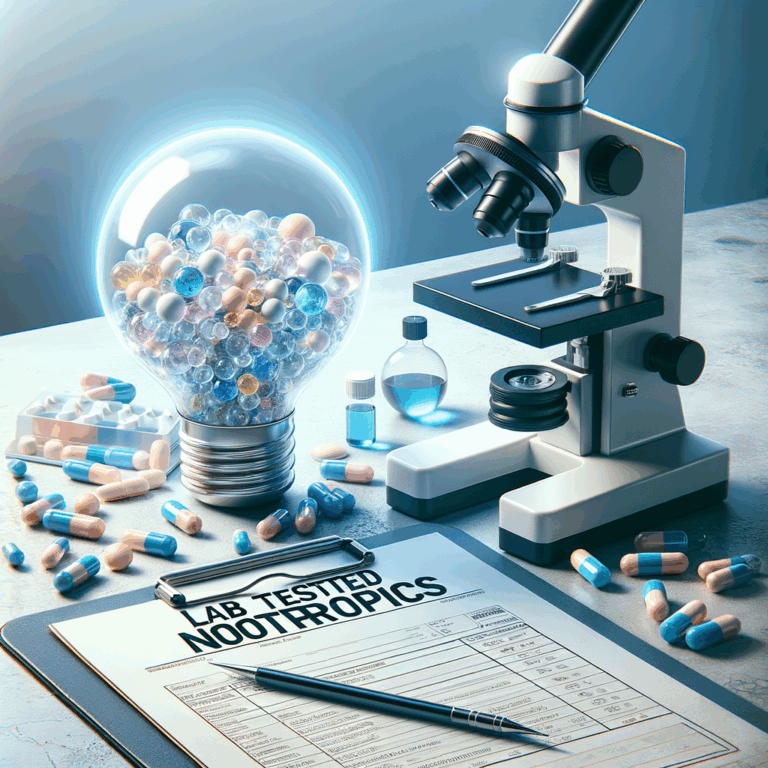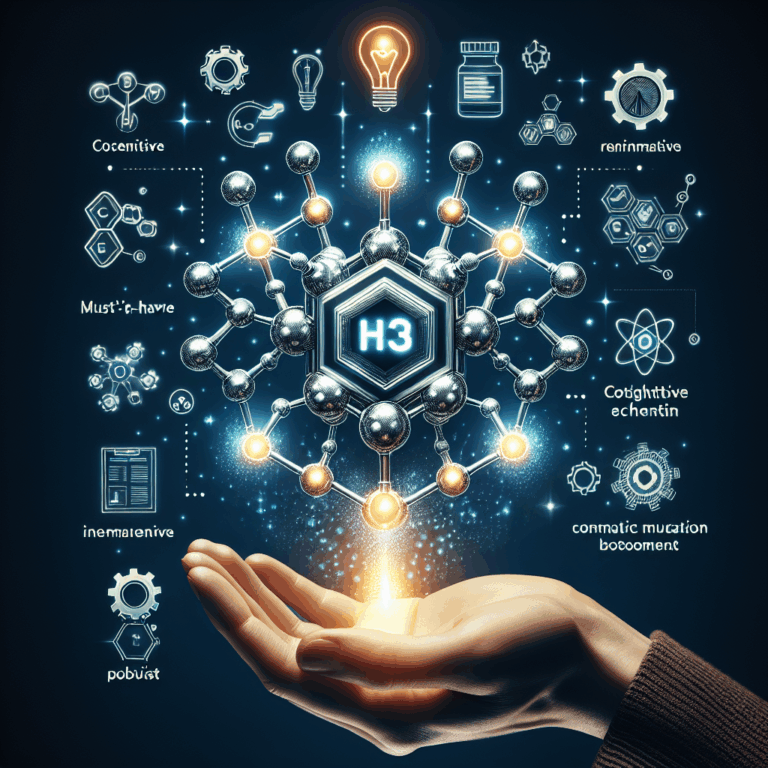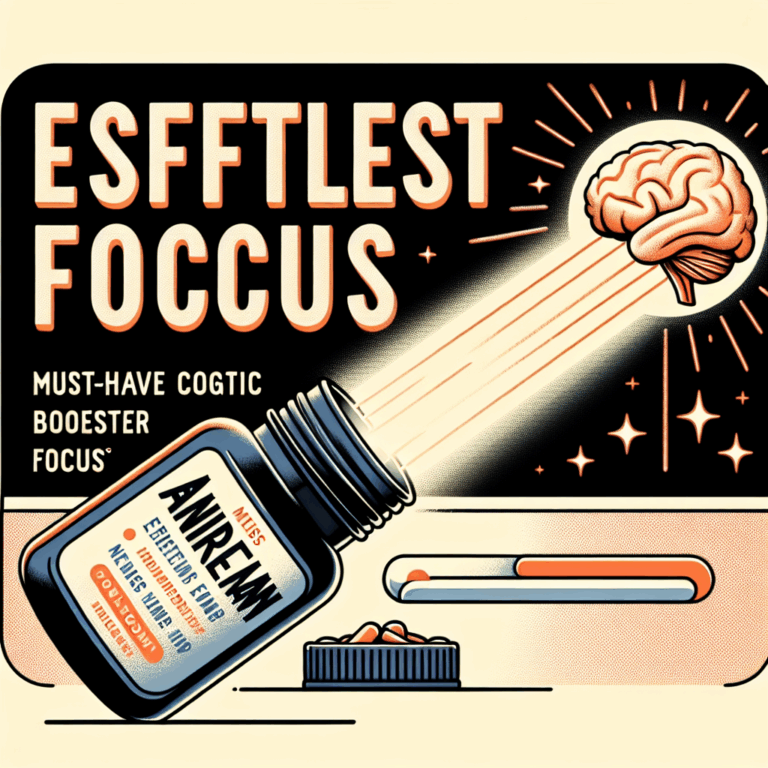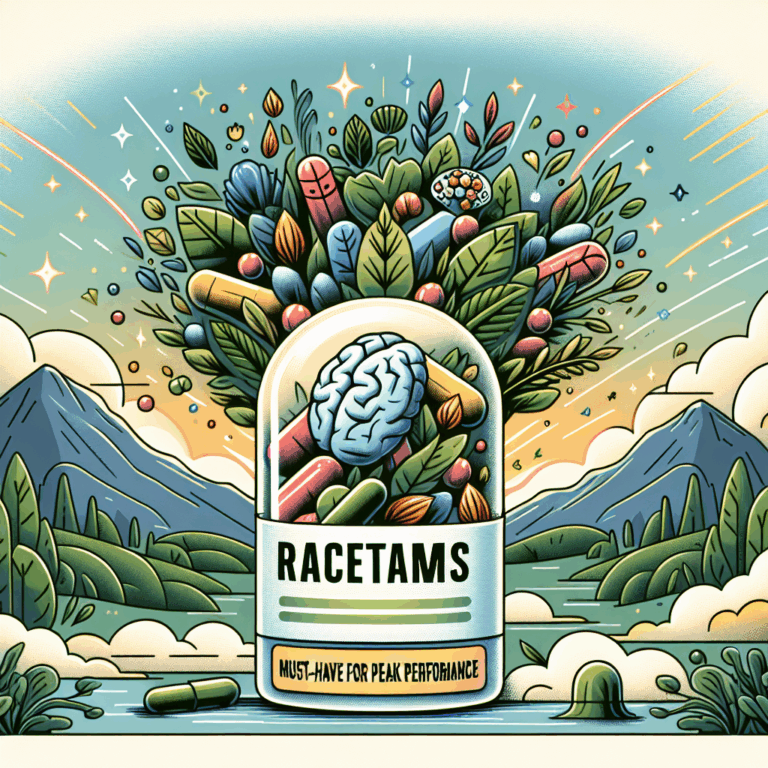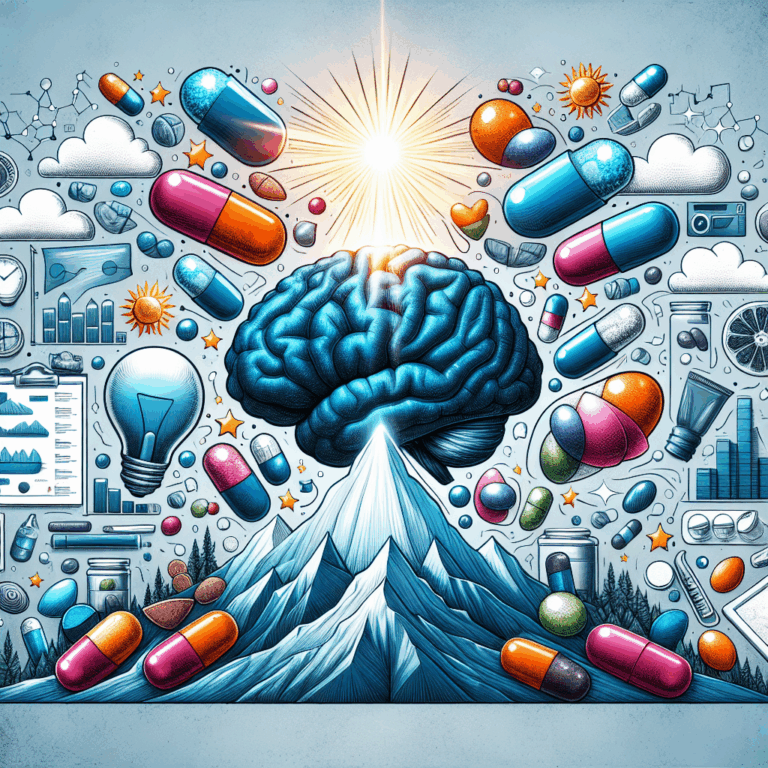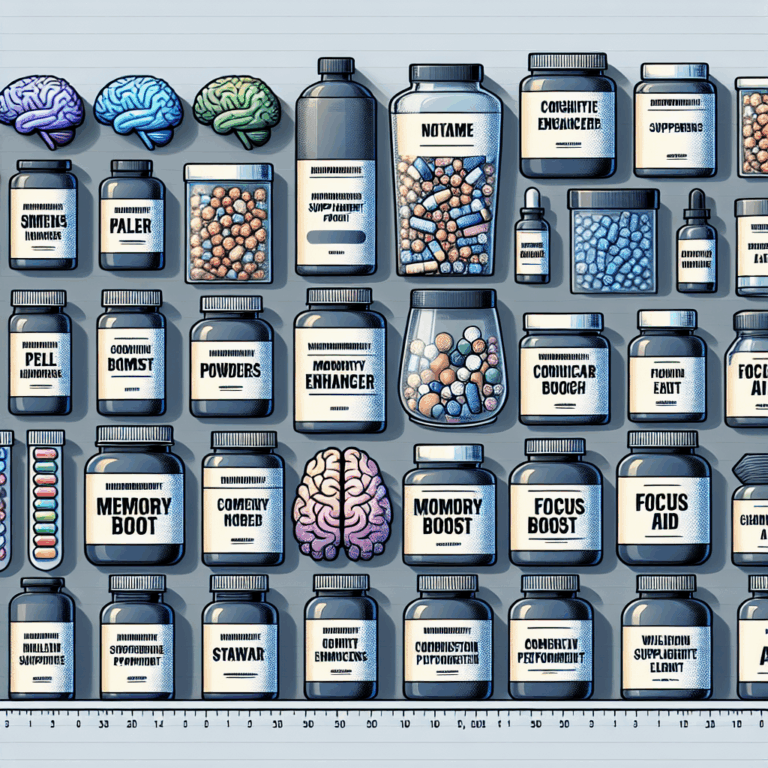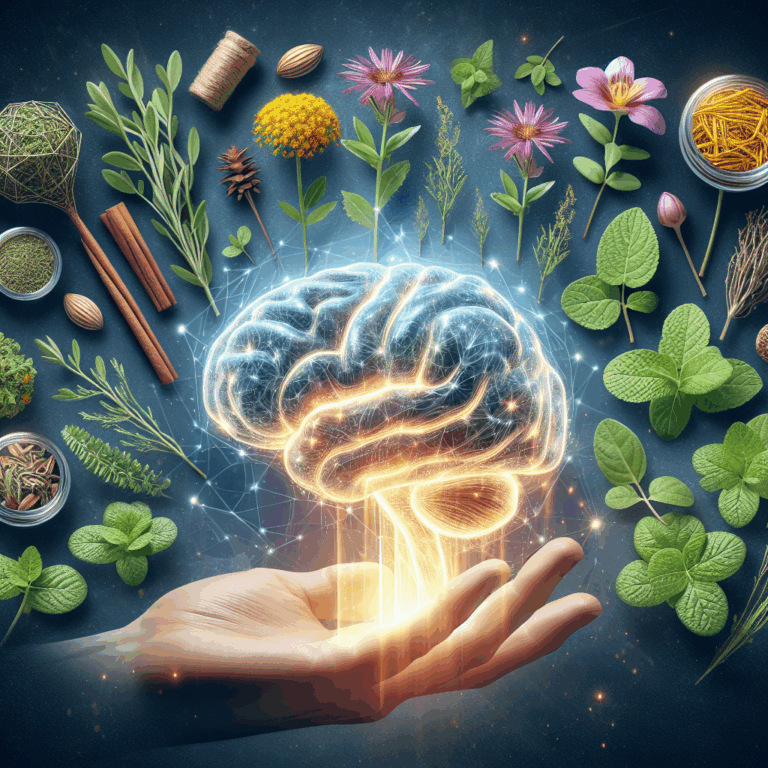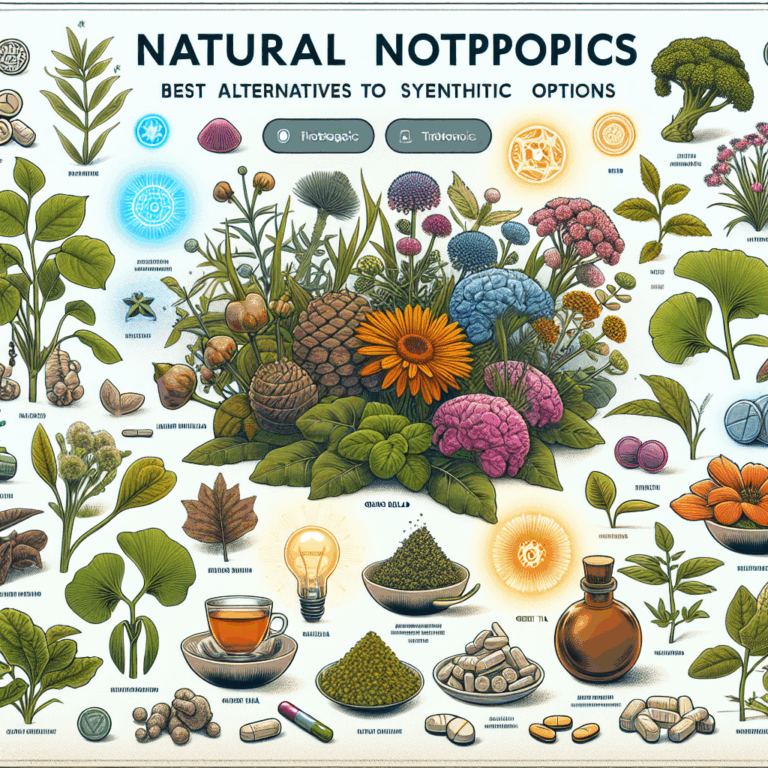Unlock the full potential of your mind with lab tested nootropics, designed to boost mental clarity and...
Blog
Unlock your potential with nootropics for motivation—these fascinating smart drugs can help you conquer stress while enhancing...
Unlock your brain’s potential with smart drugs that tap into the power of nature! From enhancing memory...
Unlock your brains potential with pramiracetam, the ultimate cognitive booster that offers enhanced memory and focus without...
Unlock the power of your mind with aniracetam, a cognitive booster renowned for enhancing memory and focus...
If youre looking to elevate your mental performance, racetams might just be the natural nootropic you need....
Unlock your brains potential with an advanced nootropic stack, designed to enhance memory, focus, and creativity effortlessly....
Unlocking your potential is just a step away with an advanced nootropic stack, designed to effortlessly enhance...
Unlock your potential with the best nootropic stack, designed to enhance memory, focus, and creativity, making learning...
Unlock your minds potential with the best nootropic stack, designed to make learning effortless and efficient. Whether...
Nootropics for motivation are taking the spotlight as effective allies in the quest for enhanced focus and...
Discover how nootropics for sleep can transform your nighttime routine, offering effortless solutions to achieve better rest...
Unlock the secret to a restful night with nootropics for sleep, the powerful brain boosters that not...
Looking for ways to ease your anxiety? Nootropics for anxiety might just be the stunning solution you...
If youre grappling with anxiety and looking for natural solutions, exploring nootropics for anxiety might just be...
Dive into the world of nootropics for energy, where smart supplements can help you spark creativity and...
Unlocking sharper focus and enhanced memory is just a scoop away with nootropics for memory—your brains new...
Unlock your full academic potential with nootropics for studying—these powerful brain boosters can enhance your focus, memory,...
In a world where distractions abound, focus nootropics can be your secret weapon for sharper memory and...
Unlock your brains true potential with cognitive enhancers, the nootropic supplements designed to boost memory, focus, and...
In a world where everyone seeks a mental edge, smart drugs—especially stunning herbal nootropics—offer a natural path...
As more people strive to enhance their cognitive abilities, the allure of synthetic nootropics often comes with...
Unlock your cognitive potential with the best nootropics—natural and synthetic substances designed to enhance focus, memory, and...
